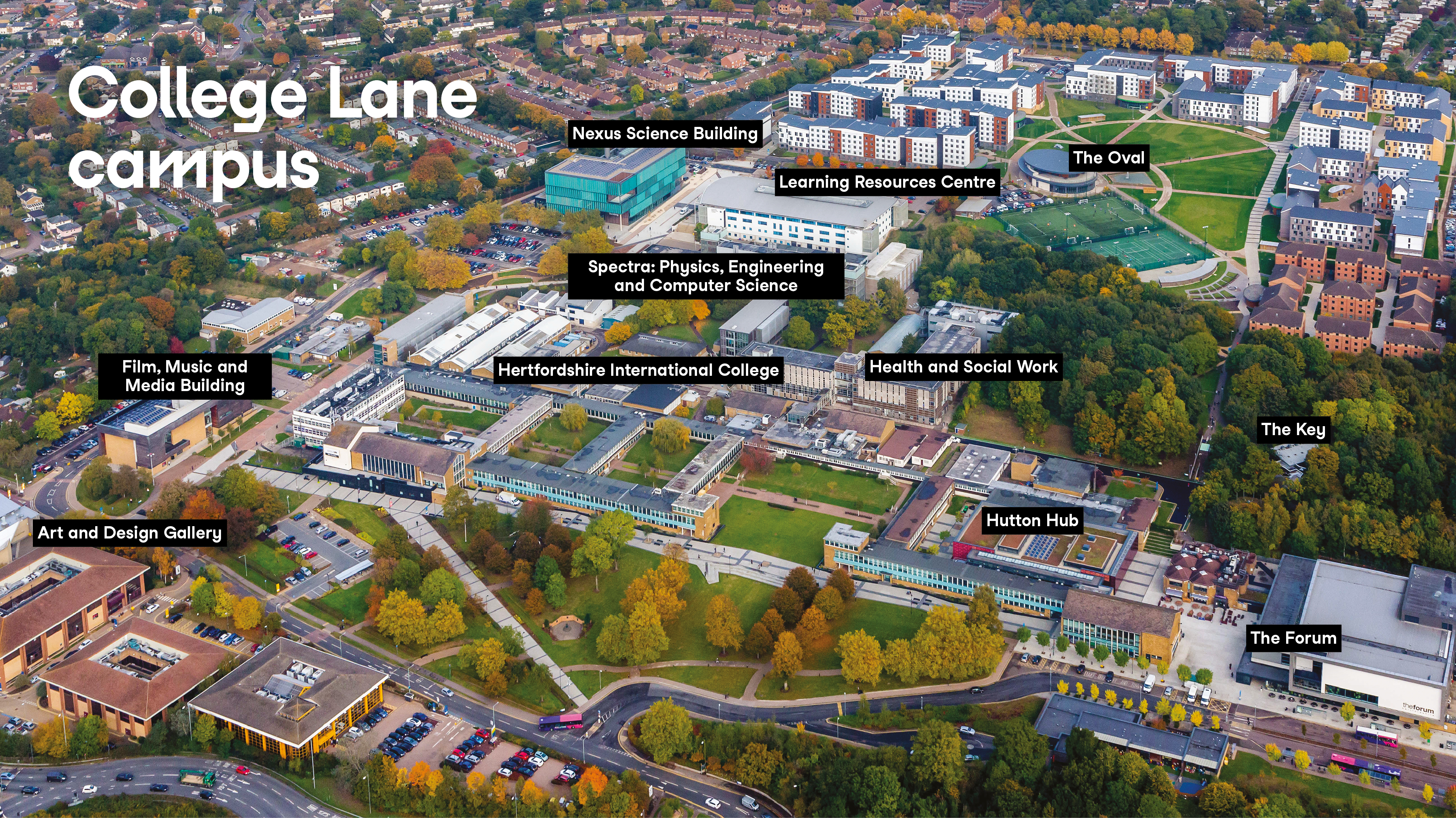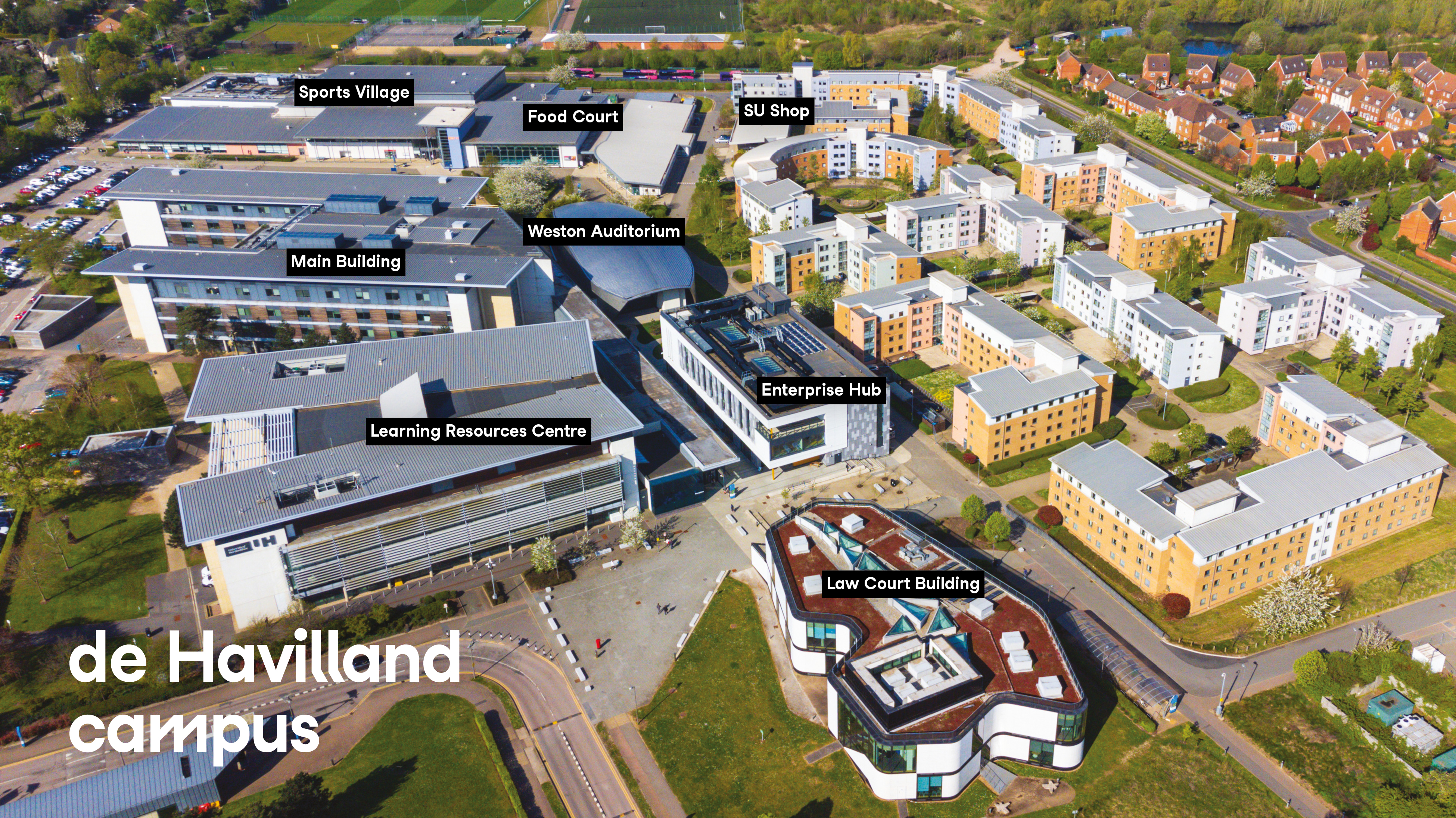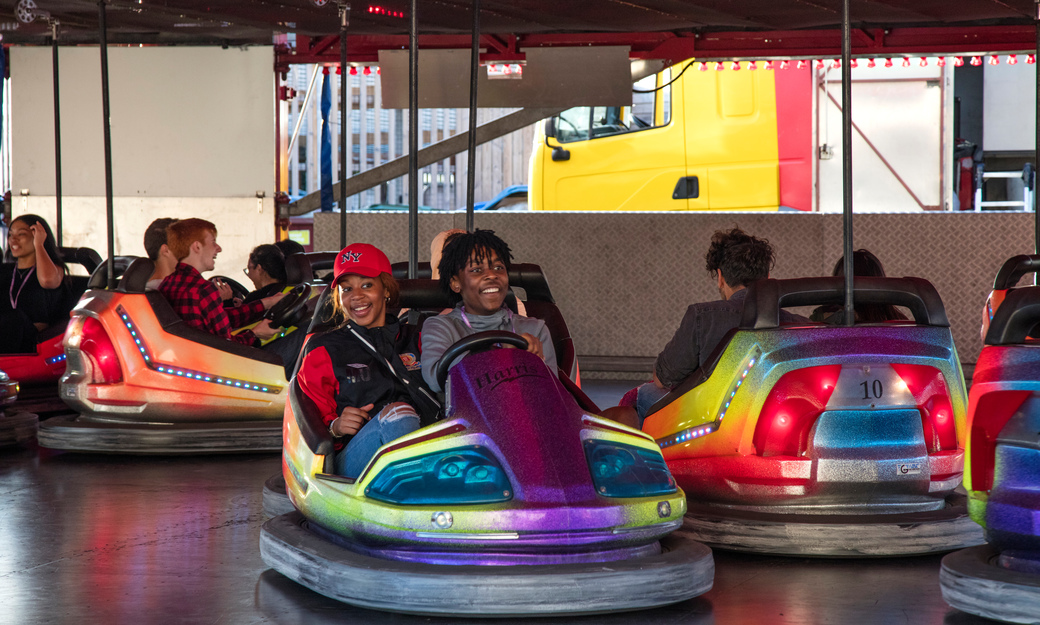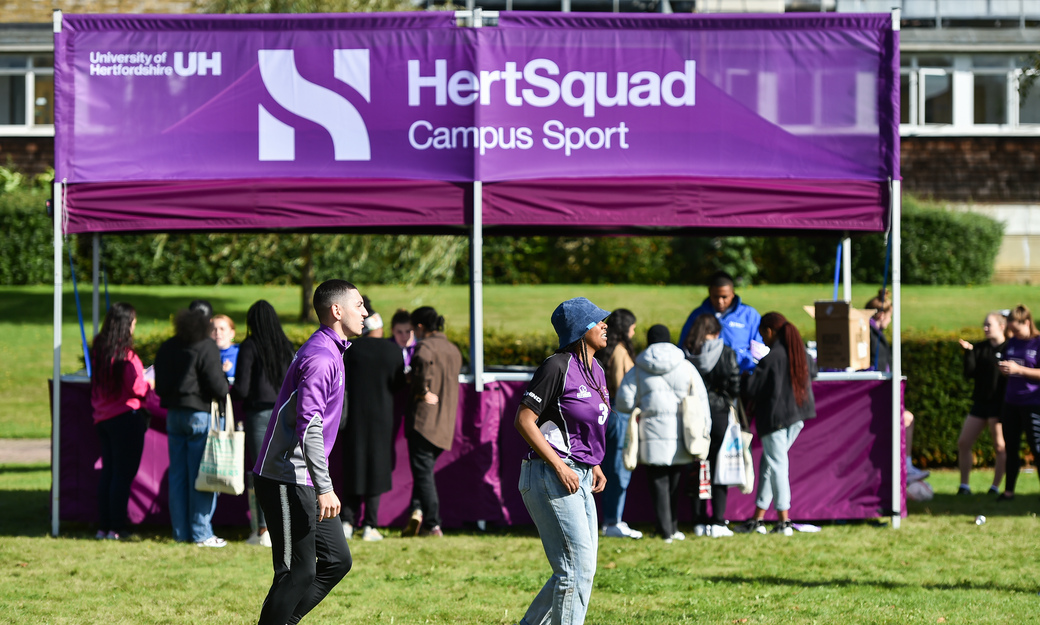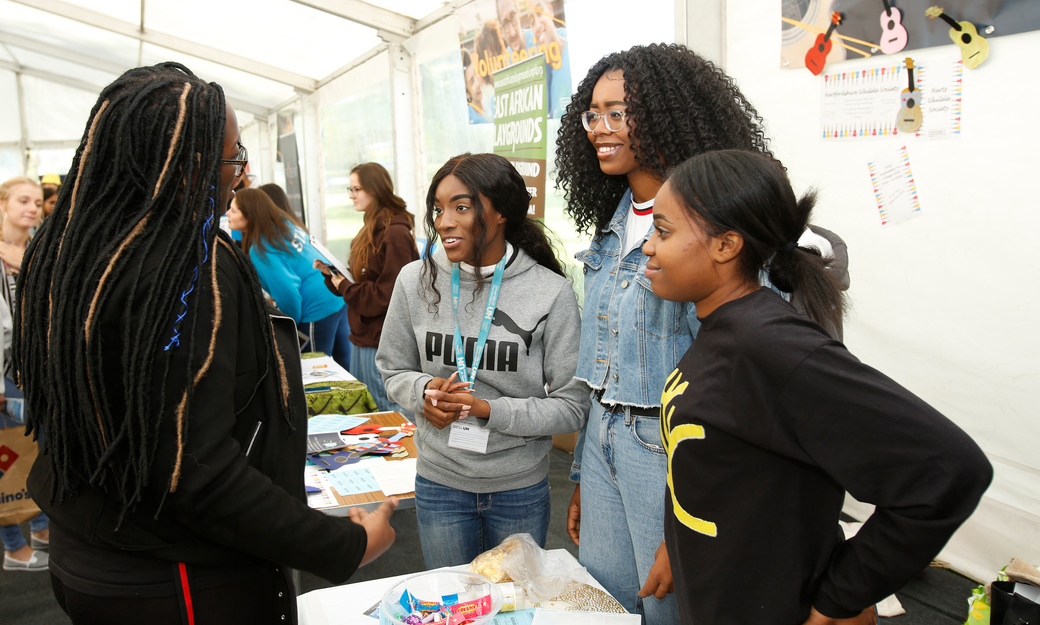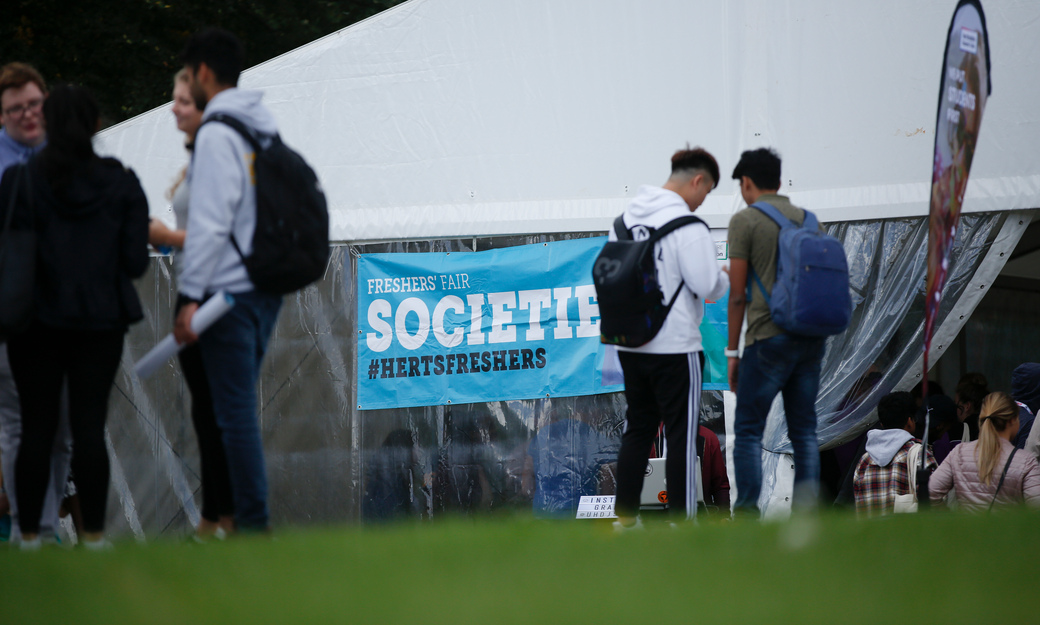Once you arrive
What to do in your first week:
Take a look around our campuses
Moving to a new university can be a daunting process however, we're not as big as you might think. Once you get a feel for the campus, you'll find your way around quite easily. Here's some of our buildings that you might use during your studies.
Download a PDF copy of the maps of our campuses that you print out and bring with you on your travels.
British culture
Events on campus
Teams across Herts put on a range of events throughout the year. Attending events is a great way to meet new friends and try something new!
Student support
At the University of Hertfordshire we want to make sure your time studying with us is as stress-free and rewarding as possible. We offer a range of support services, from childcare to counselling, ensuring that you make the most of your time at Herts and can focus on studying and having fun.
Find out how the student wellbeing service can help you by watching the film below. Plus, explore other support like our Academic English and Study Skills workshops in the dropdowns. Every step of the way, we're here for you.
Finances, bank accounts and phone contracts
As part of your visa process, you will have shown that you have adequate funds to support yourself financially for your time at University. You need to make sure that you have budgeted for the entire length of your stay. The cost of living in the UK can vary greatly, so please make sure that you read through the cost of living guidance and that your budget reflects your personal preferences.
You will also need to arrange to set up a bank account for your time in the UK. You may also choose to take out a mobile phone contract or pay-as-you-go SIM. We recommend you research the various companies, plans and offers to ensure you take out the right type of account and plan for your needs.
Understanding British currency
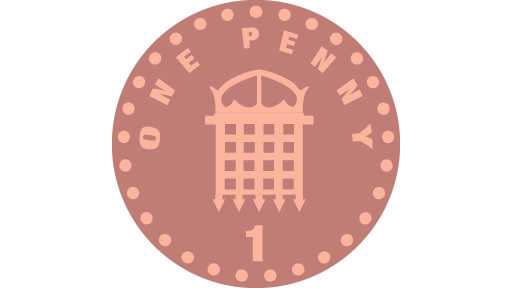
1p/One Pence
The smallest iteration of British currency; commonly referred to as "a penny".
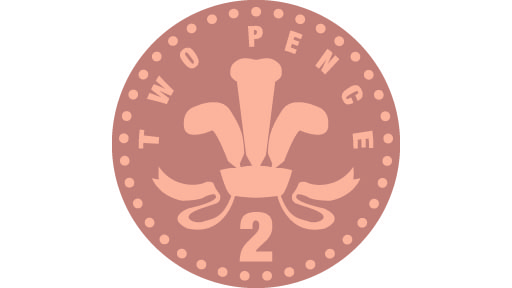
2p/Two Pence
This coin - along with the 1p - is sometimes referred to as "shrapnel" or "coppers" due to the low value and colour.
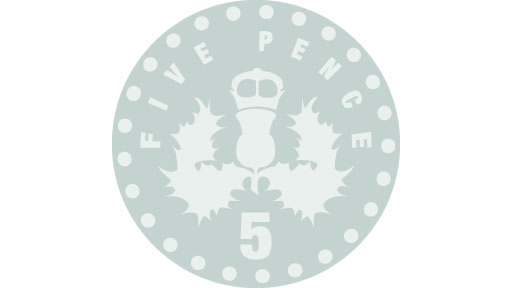
5p/Five Pence
The smallest British coin, and the lowest value of the four silver coins.
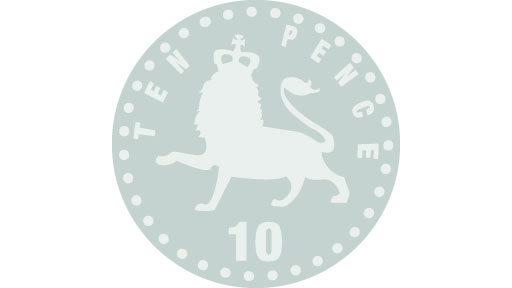
10p/Ten Pence
Equivalent to one tenth of a pound sterling. Generally pronounced as "ten pee".
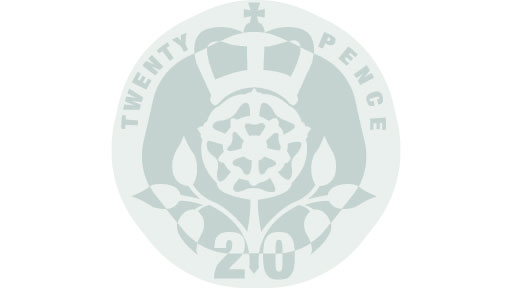
20p/Twenty Pence
Equivalent to one fifth of a pound sterling. Generally pronounced as "twenty pee".
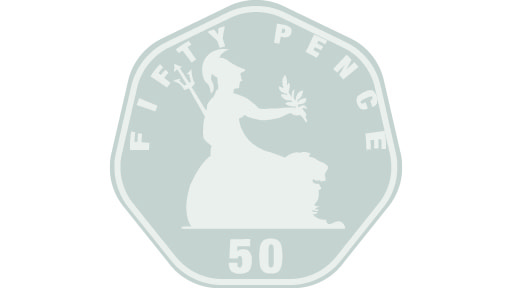
50p/Fifty Pence
Equivalent to half of a pound sterling. Generally pronounced as "fifty pee".
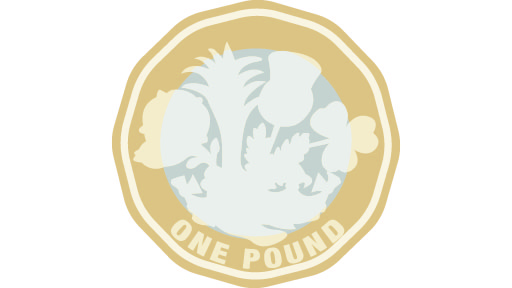
£1/One Pound
One Pound Sterling, colloquially known as "a quid".
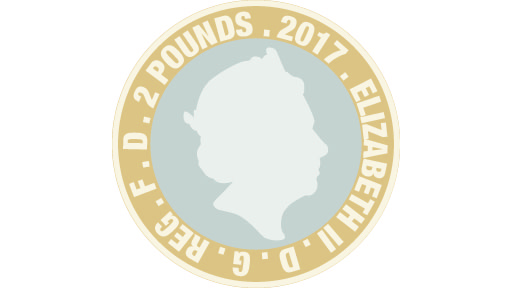
£2/Two Pound
The least commonly circulated coin, singularly equivalent to two Pound Sterling.
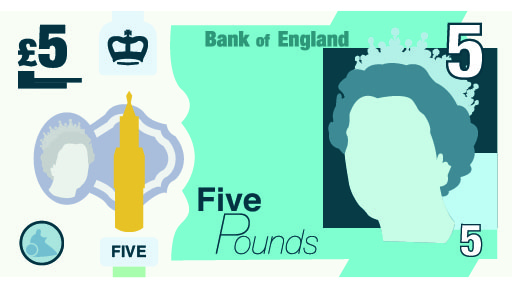
£5/Five Pounds
Often referred to as "a fiver".
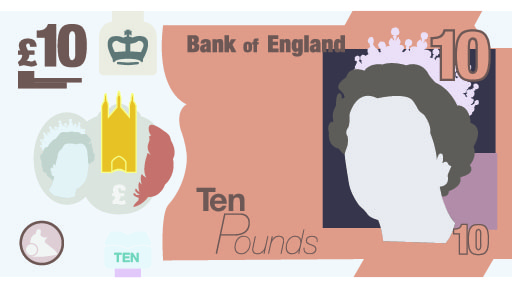
£10/Ten Pounds
Often referred to as "a tenner".
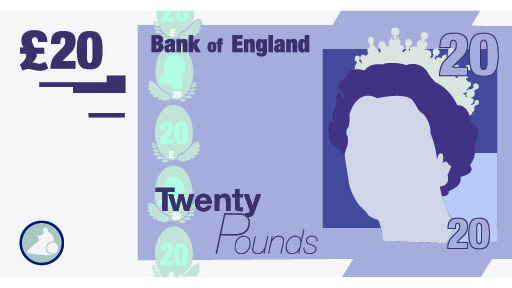
£20/Twenty Pounds
Not as common as the ten or five pound notes - occasionally called "a score".
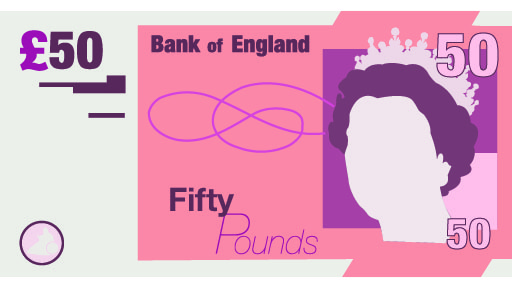
£50/Fifty Pounds
The least commonly used note, not commonly accepted at some smaller shops.
Food and drink
Food in the UK is inspired by cultures from across the globe, so it’s a fantastic opportunity to try new things!
British cuisine
British food is a mixing pot of global cuisines. Here's some of the more traditional dishes that you might expect to see in the UK during your studies.
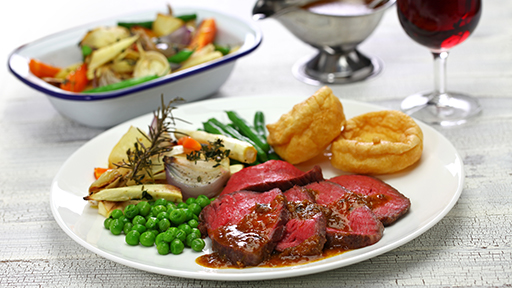
Sunday Roast
A traditional main meal eaten on Sundays; consisting of roasted meats, roast potatoes, Yorkshire pudding, assorted vegetables, and gravy.
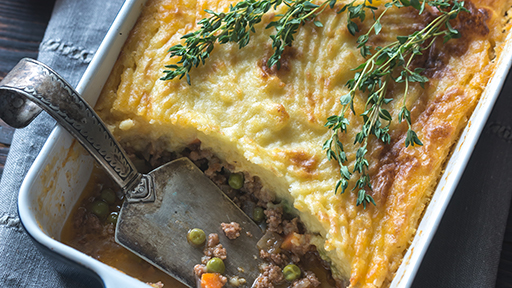
Cottage/Shepherd's Pie
A (non-pastry) pie generally made with a minced red meat cooked in a sauce with various vegetables, topped with a layer of mashed potato that is then baked. Shepherd's Pie refers to a lamb filling, while Cottage Pie has a beef filling.
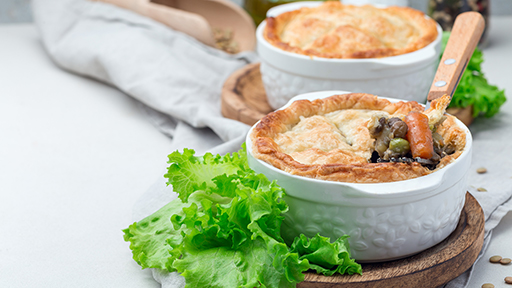
Pie and mash
In the UK, the word "pie" most commonly refers to savoury pastries; generally filled with meat and vegetables. These are often eaten with mashed potatoes and vegetables.

Jacket potato
A "jacket" potato, is a large potato, baked until the skin is slightly crisply - often filled with butter, cheese, sour cream, or baked beans.
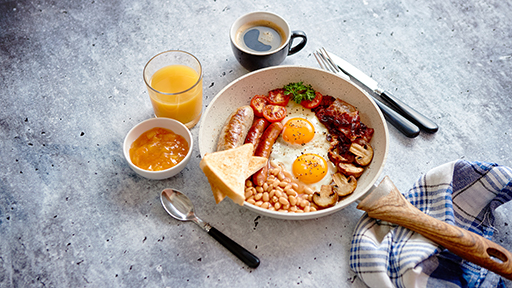
Full English Breakfast
A "full English", also known as a "Fry up" typically consists of pork sausages, bacon, fried eggs, baked beans, black pudding, tomatoes, beans and toast.

Fish and chips
Generally bought from shops known as "chippies", the meal consists of battered white fish (mostly cod or haddock) and chips (known elsewhere as "fries").
Transport
Navigating your way around the UK is easy using the public transport network. We have put together a few tips to help you get started.
Visiting sights and cities around the UK
Sightseeing around the UK is fantastic way to spend your free time during your studies. There's lot of places to visit using public transport!

Manchester
The second largest city in the UK, famous for Manchester United F.C. and the splitting of the atom.
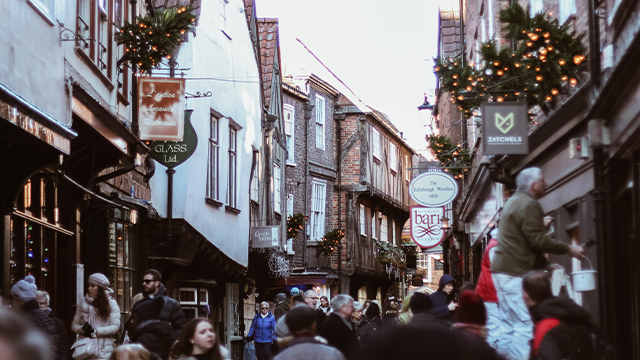
York
A historic walled city known for it's impressive cathedral and Roman/Medieval architecture.
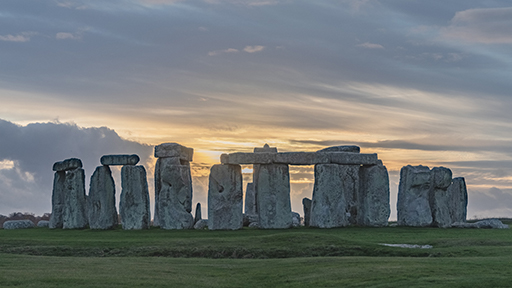
Stonehenge
A prehistoric ring of standing stones, each stone stands around 13 feet high and weighs 25 tons.

Liverpool
The birthplace of The Beatles, and home to Liverpool F.C. and Everton F.C.
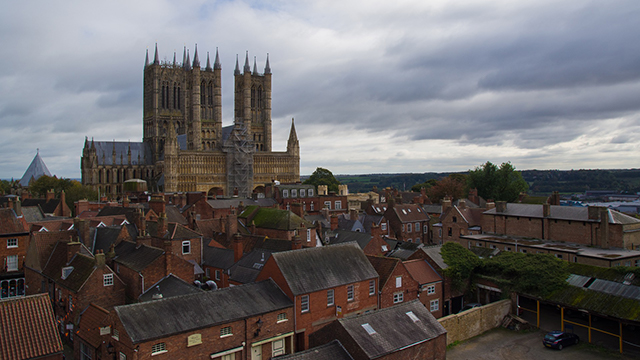
Lincoln
A Medieval/Victorian city known for its cathedral and castle; which houses a copy of the Magna Carta.
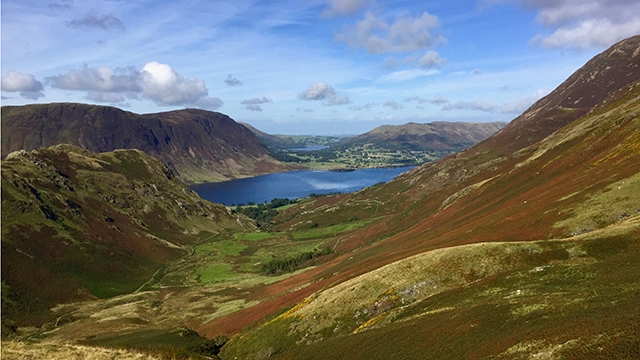
Lake District
A mountainous region famous for its lakes, forests, and mountains, as well as associations with poets.
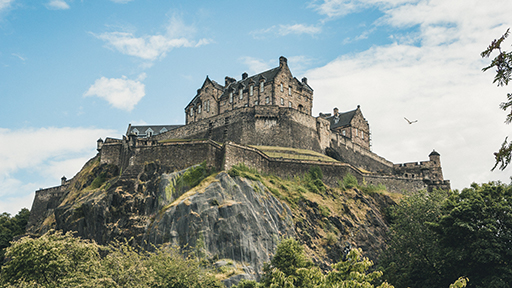
Edinburgh
The capital of Scotland, home to the scenic Edinburgh Castle, and the Edinburgh Fringe Festival.
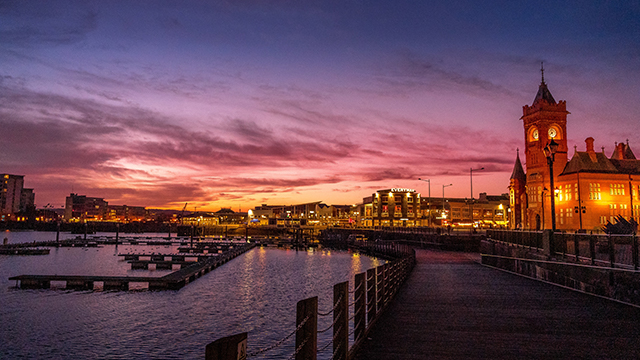
Cardiff
The capital of Wales, famed for the shooting location of BBC shows; Doctor Who and Sherlock.

Cambridge
A world-famous university city, home to seven colleges and two universities, as well as multiple museums.
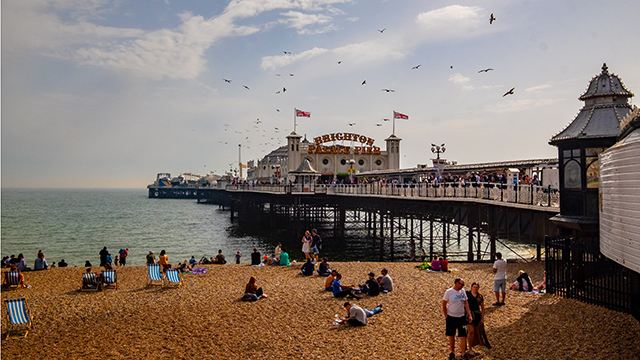
Brighton
A seaside resort town known for its nightlife, arts scene, and regency-era buildings and arcades.

Birmingham
A city that primarily grew in the industrial revolution; now home to a huge arts subculture.
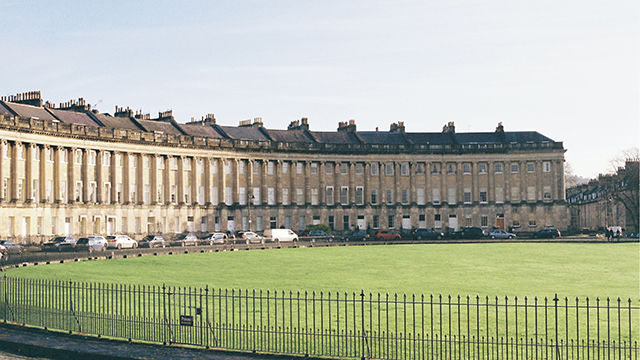
Bath
Known for its incredibly Roman-built baths, and the canal system that runs all the way to Oxford.
Exploring the local area
Don't want to travel far to visit some landmarks? Hertfordshire and London have some amazing places to visit during your studies. If you're looking to get around the Hatfield area, there's lots of transport links provided by the University's bus company as well as easy access to a National Rail train station.
You must ensure you have completed your required quarantine before you begin exploring.
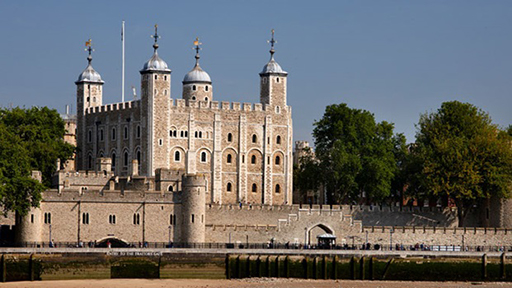
Tower of London
A historic castle located on the north bank of the River Thames in central London.
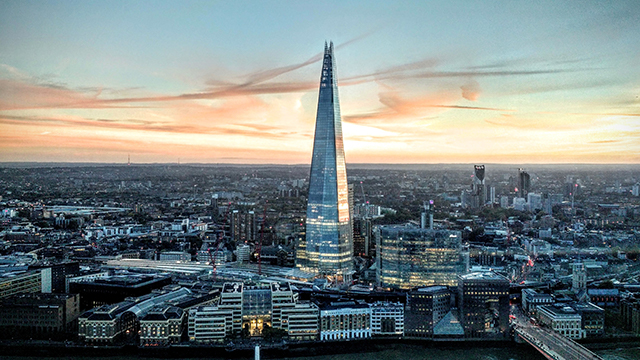
The Shard
The Shard is a 95-storey skyscraper in Southwark, designed by the Italian architect Renzo Piano.
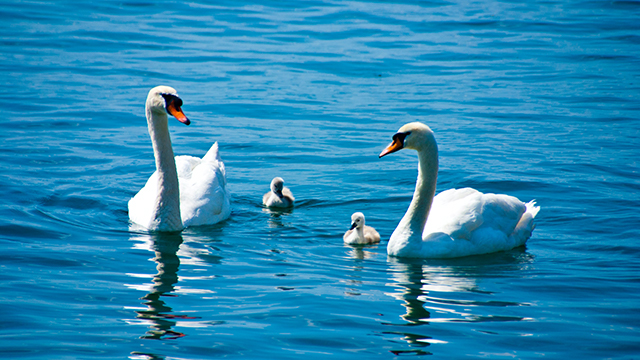
Stanborough Park
A 126-acre park on the border of Hatfield and Welwyn Garden City, known for its two large lakes.
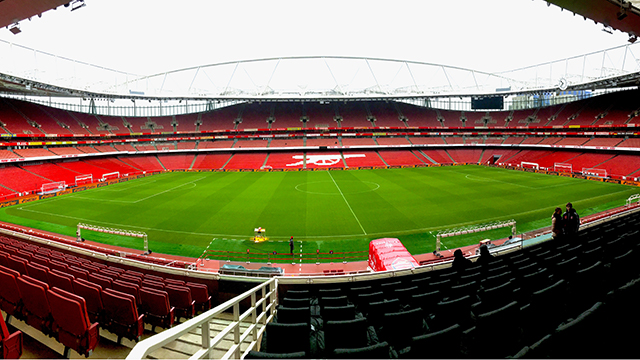
Emirates Stadium
Located in Royal Holloway, London, the Emirates Stadium is one of the largest football stadiums in England and home of Arsenal F.C.
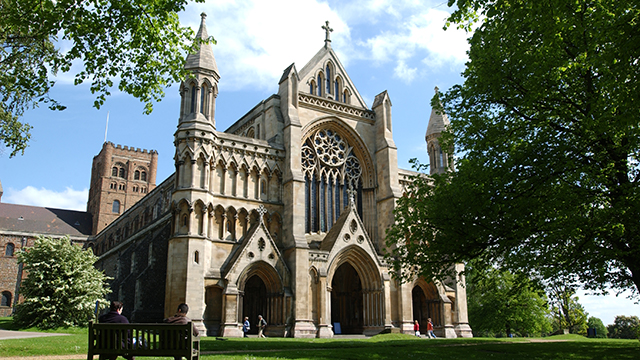
St Albans Cathedral
A beautiful cathedral in St Albans comprised on ancient Normal architecture, situated in a large park.
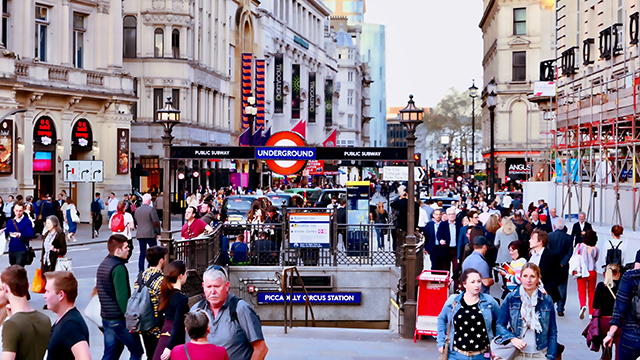
Piccadilly Circus
The famous central London junction connecting Regent Street and Piccadilly, known for the iconic LED screens and the statue of Eros.
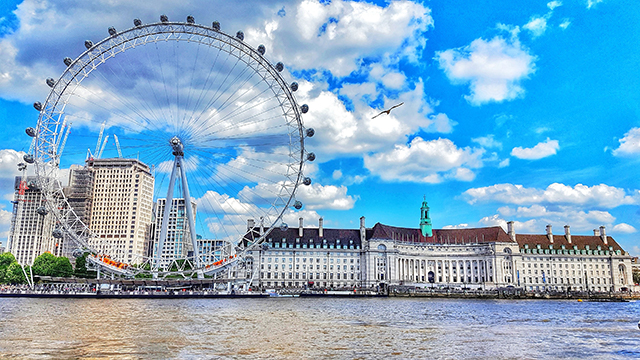
London Eye
Located on the South Bank, the London Eye is Europe's tallest observation wheel, and the UK's most popular tourist attraction.
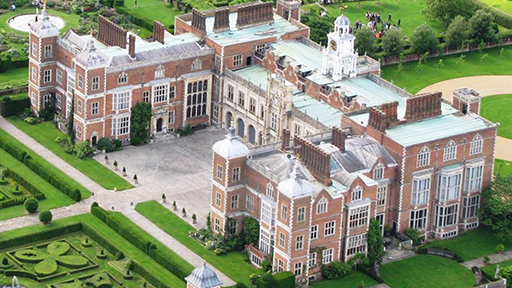
Hatfield House
A country house set in a large park on the East side of Hatfield. Hatfield House is frequently used in films and TV, including recent Oscar winner, The Favourite.
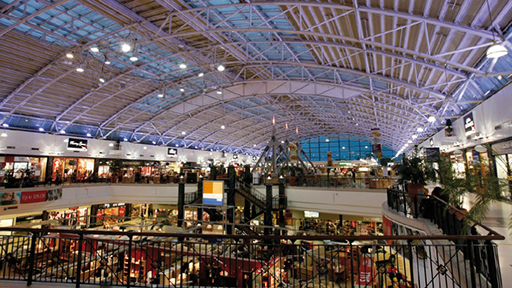
The Galleria
A designer outlet centre within walking distancing of both campuses. The Galleria houses clothing, household, leisure, and coffee shops.
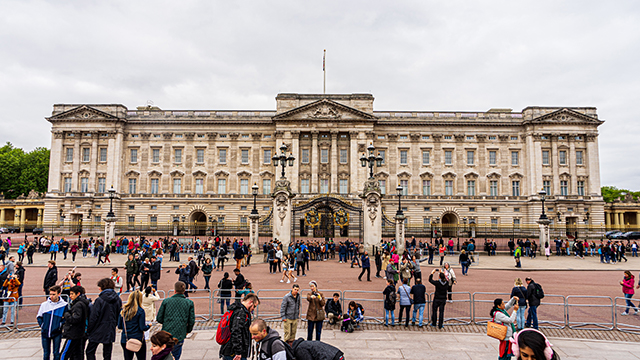
Buckingham Palace
The London residence and administrative headquarters of the monarch of the United Kingdom (currently Queen Elizabeth II), located in Westminster.

Big Ben
Big Ben is the nickname for the Great Bell of the Elizabeth Tower at the north end of the Palace of Westminster.
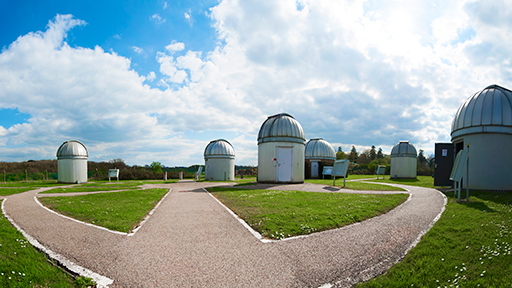
Bayfordbury Observatory
Located just six miles from the campuses, our observatory is one of the largest teaching observatories in the UK.
Legal matters
The laws in the UK may not be quite the same as in your own country. If you break the law and are found to be guilty of a crime, a successful prosecution could result in a fine, a prison sentence or even being deported from the UK. You would also be subject to the University’s disciplinary procedures and liable to be excluded from the University.
Staying safe in the UK
- avoid displaying expensive items such as watches, jewellery or mobile phones in busy public places
- try not to carry large amounts of money with you, most places in the UK accept card payments
- be aware of potential scams – only make tuition or accommodation payments directly to the University
- if you have lost a key or just moved to a new property, it is a good idea to change the locks after speaking with your landlord
- make sure your phone is charged when going out in case of emergency, or if you lose the people you are with
- always know how you're getting home, especially when going somewhere you don't know - let someone know where you're going and when you'll be back
- register your belongings on immobilise.com, a free UK property register used by the police, insurers, and the second-hand trade - register items like your phone or your bike, anything that may be stolen, in order to assist the police
- familiarise yourself with the University Police Team who are on campus to help you.
What 3 words
The what3words app is a useful tool to help identify your precise location to emergency services. What3words splits the world into three meter squares, with each square having a unique word tied to it. You can download the app in case you need it for future.
Safety and emergency contact numbers
- 999 Emergency (police, fire, ambulances)
- 112 Emergency (UK mobile)
- 111 Non-emergency for health
- 101 Non-emergency for police
- +44 (0) 1707 281010 On-campus security
- +44 (0) 1707 285555 On-campus emergency
- +44 (0)1707 284453 Student Wellbeing Team - studentwellbeing@herts.ac.uk
Want to read more?
Please return to the Pre-Arrival Guide landing page.

